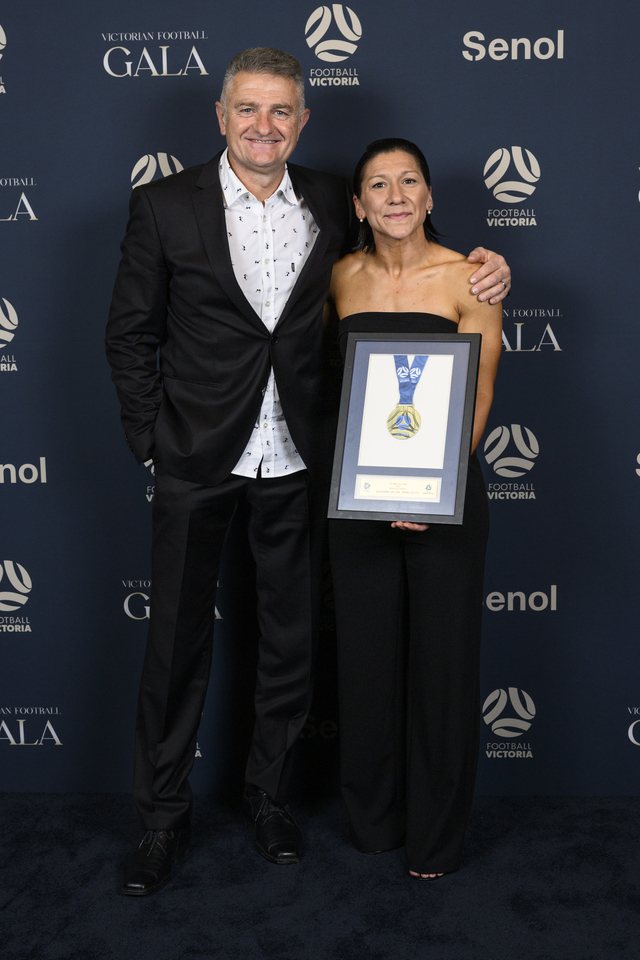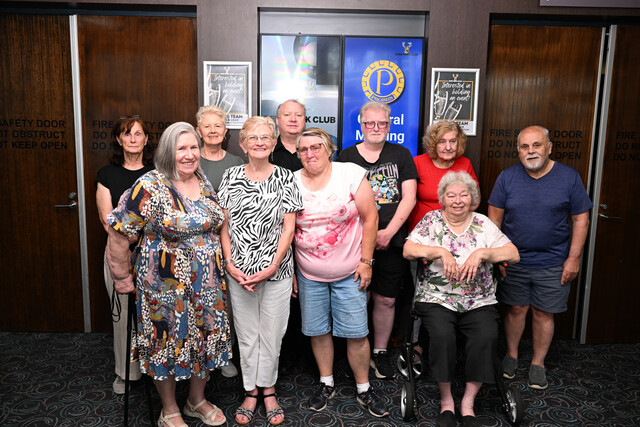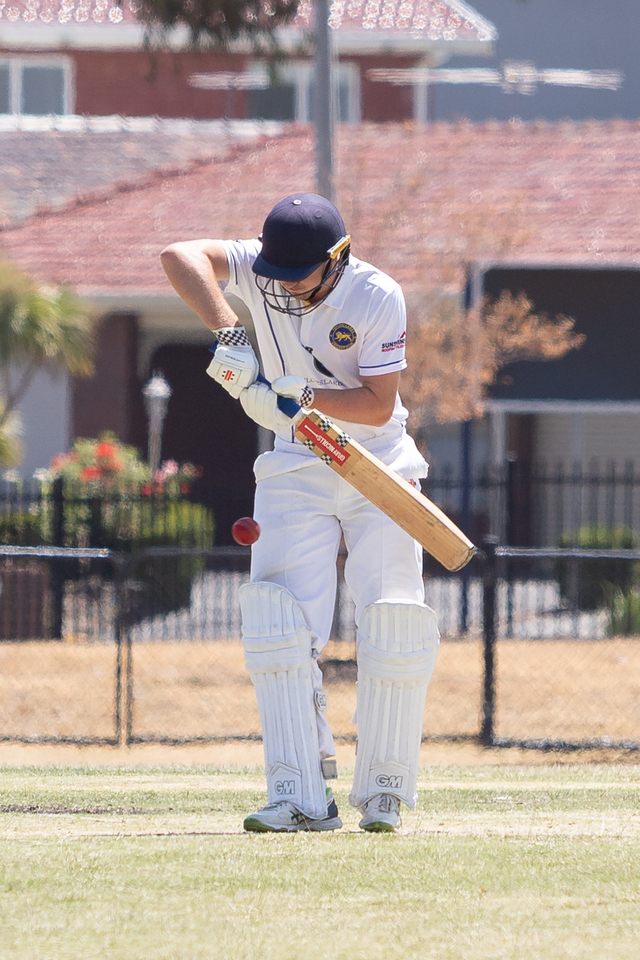A Hillside man who was convicted of importing more than 23 kilograms of methamphetamine in a Chevrolet Impala has had his appeal against the conviction rejected in the Supreme Court.
Besim Beqiri was sentenced in 2016 to 15 years jail for attempting to possess a commercial quantity of a border controlled drug.
In May, 2014, Beqiri arranged for the importation of a Chevrolet Impala from California to his Hillside home. But when the car arrived at Port Melbourne in September, customs officers found a number of packages containing methamphetamine concealed in its rear panels.
Police removed the drugs and replaced them with fakes, as well as a listening device.
In the following days, phone calls between Beqiri and his associates were intercepted and, following surveillance, Beqiri was arrested on September 25, 2014.
Last year Beqiri pleaded not guilty to the charges, saying he had been duped after buying the vehicle in good faith. He was found guilty by a jury and sentenced to 15 years jail.
Two associates were sentenced to 11 years jail and 16 years jail, respectively for the same crime.
Last week, Beqiri and one of his associates challenged the jury empanelment procedure from their 2016 trial, saying they were “not allowed nor afforded a proper or adequate opportunity to make an assessment of the potential jurors”.
They also claimed the length of their sentences were manifestly excessive.
In jury empanelment, each juror must face the accused in the dock for a period up to five seconds before making their way to the jury box. Lawyers for Beqiri and his associate claimed the jurors stood for less than four seconds “because of unease, awkwardness and humiliation”.
Beqiri claimed he felt anxiety and panic because the jurors did not stand facing the dock for a full five seconds as directed.
But judges Mark Weinberg, Robert Osborn and Simon Whelan dismissed the appeals.
“There is no satisfactory basis for concluding that the jury acted other than impartially in the present case,” they said.
They also said that Beqiri’s sentence was not excessive when considering the key role he played in the crime as well as his not guilty plea.

















